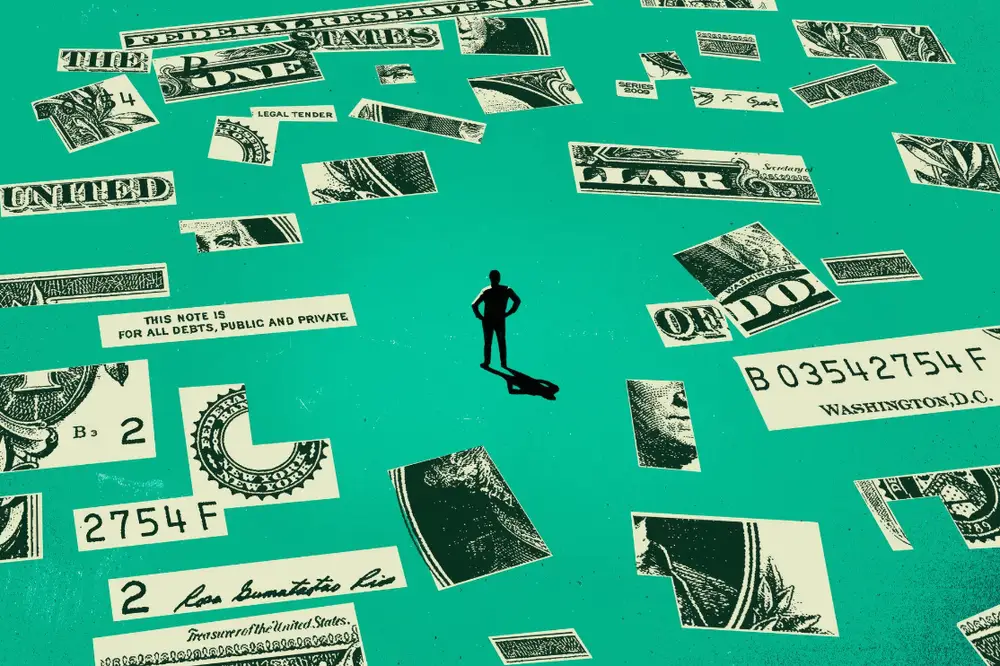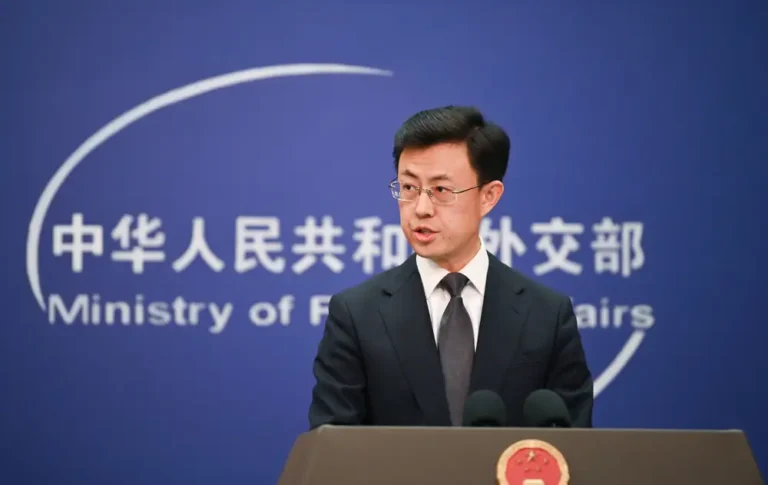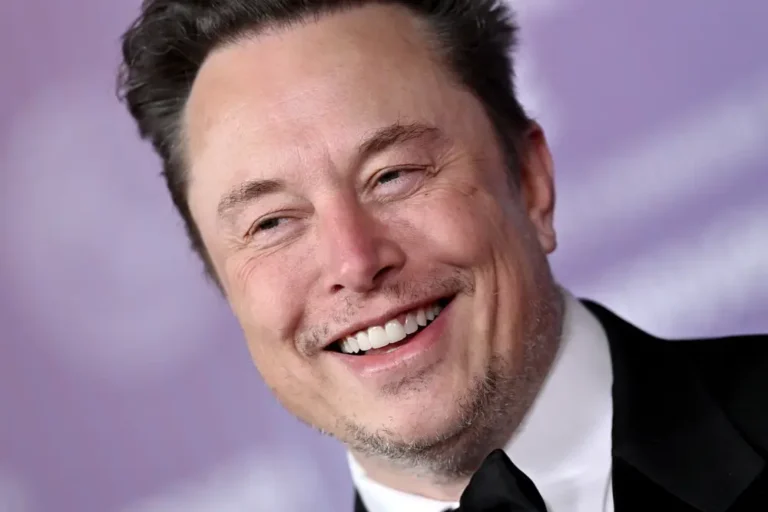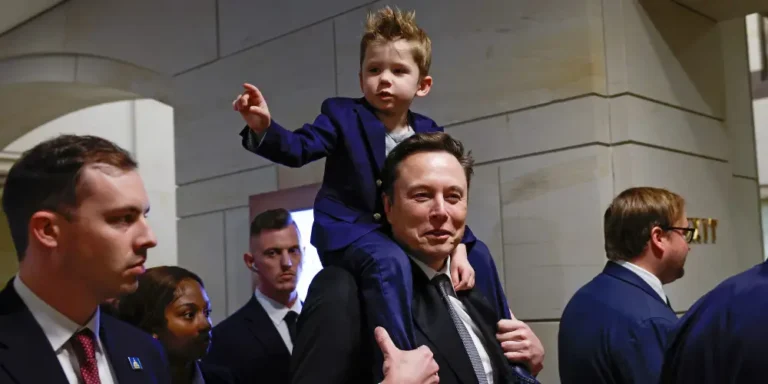Most Americans see economic difficulty ahead in 2025 but not Republicans

Many Americans remain pessimistic over the economy headed into 2025. However, Republicans are very optimistic about forthcoming economic conditions in the new year.
Most Americans are predicting economic difficulty and international discord in 2025, but Republicans are expressing broad economic enthusiasm weeks before President-elect Donald Trump is set to begin his second term, according to a new Gallup survey.
In the new poll, 56 percent of respondents said they believed that the coming year would bring economic difficulty, while 44 percent felt it would bring prosperity. And regarding international conflicts, roughly two-thirds (67 percent) of respondents foresee a year of political conflict, versus the 32 percent of respondents who see 2025 as a more peaceful year.
A majority of Republicans, buoyed by Trump’s victory and the conservative agenda that’ll be pursed by the forthcoming GOP-controlled Congress, had positive sentiments on virtually every economic and foreign policy topic.
Nearly eight-in-ten Republicans (78%) polled believe that 2025 will be a year of economic prosperity in the US, compared to 40% of independents and 15% of Democrats. And 63% of Republicans believe that 2025 will be a largely peaceful year on the international front, compared to only 28% of independents and a scant 8% of Democrats.
On other economic issues, Republicans are energized.
Among GOP respondents, 88% believe the stock market will climb in the new year, compared to 65% of independents and 46% of Democrats. (Overall 66% of respondents believe the stock market will rise in 2025, compared to 33% who believe it will decline.)
And 87% of Republicans believe prices will increase more reasonably in 2025, compared to 46% of independents and 23% of Democrats who share a similar view.
In 2024 — under President Joe Biden’s tenure in office — the S&P 500 rose 23.3% percent. Meanwhile, the Dow Jones Industrial Average had a nearly 13% gain in 2024.
The November election was defined by the state of the economy, with Trump making inroads with broad swaths of voters over inflation and affordability concerns.
Biden last summer stepped aside as the Democratic presidential nominee in part because a poor debate performance against Trump, but one of the president’s biggest challenges was his difficulty in selling his economic agenda to an American public that endured noticeable price increases during the COVID-19 pandemic.
When Vice President Kamala Harris became the Democratic presidential nominee, she sought to orient her campaign around economic concerns, laying out proposals to provide tax deductions for small businesses and offer $25,000 in down-payment support for some first-time homebuyers. She fell short in the swing states — notably in the “blue wall” — as Trump retained an advantage on economic issues throughout the campaign.
With Trump returning to the White House, Republicans — who were largely pessimistic about the economy under Biden — are now much more jubilant about what 2025 will offer.
The Gallup survey was conducted from December 4-15 among 2,121 adults.






